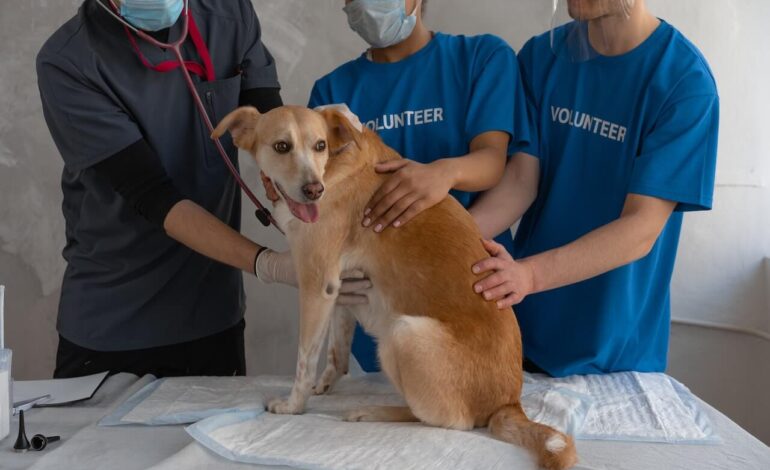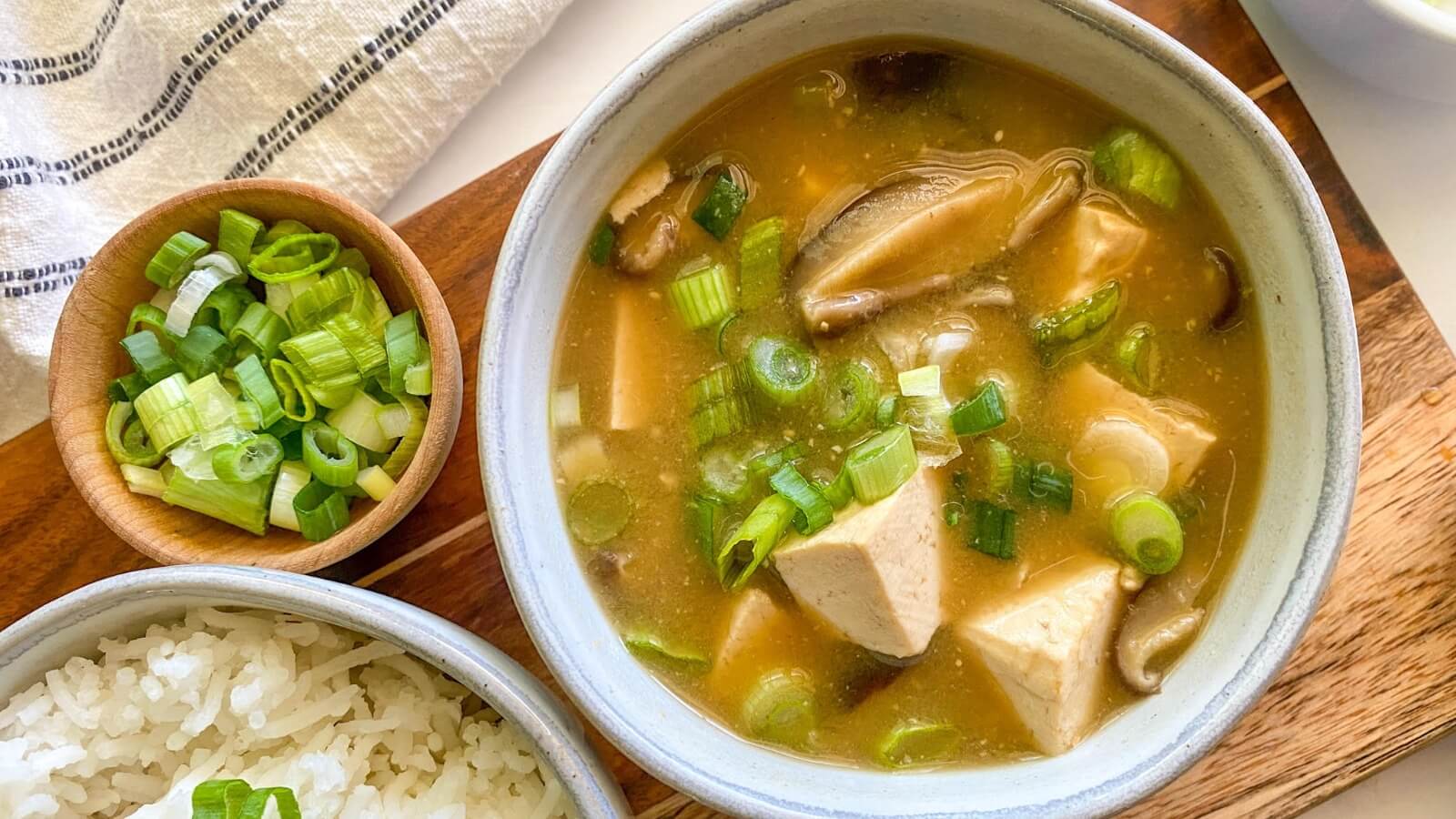Introduction
When our furry friends fall ill, it can be a challenging and worrying time for pet owners. One of the most common concerns is ensuring that a sick dog, especially one with no appetite, receives the necessary nutrition to aid in their recovery. In this article, we’ll explore, What to Feed a Sick Dog with No Appetite? various strategies and foods to consider when caring for a sick dog with a diminished appetite.
Understanding Your Dog’s Condition
Consult Your Veterinarian First
Before making any dietary changes for your sick dog, it’s crucial to consult your veterinarian. They can provide a precise diagnosis and recommend a tailored treatment plan.
Identify the Underlying Cause
Determining the root cause of your dog’s loss of appetite is vital. It could be due to various illnesses, including infections, gastrointestinal issues, dental problems, or even stress.
Assess the Severity of the Condition
Assess the severity of your dog’s illness. A mild illness may only require at-home care, while more serious conditions may necessitate hospitalization.
Encouraging Appetite
Serve Smaller, Frequent Meals
For dogs with no appetite, large meals can be overwhelming. Offer smaller, more frequent meals to entice them to eat.
Warm Their Food
Warming your dog’s food slightly can enhance its aroma, making it more appealing to them.
Hand-Feeding
Hand-feeding can be an effective way to encourage a sick dog to eat. Offer small bites of food from your hand.
Suitable Foods for a Sick Dog
High-Quality Commercial Dog Food
High-quality commercial dog food is designed to provide complete nutrition. Opt for brands recommended by your veterinarian.
Homemade Dog Food
Prepare homemade dog food using vet-approved recipes. These often include lean meats, rice, and vegetables.
Boiled Chicken and Rice
Boiled chicken and rice is a bland yet nourishing option for dogs with upset stomachs.
Nutritional Supplements
Nutritional Supplements
Consult your vet about nutritional supplements like probiotics, vitamins, or fish oil, which can support your dog’s recovery.
Hydration is Key
Ensure Adequate Hydration
Offer fresh water regularly to prevent dehydration, especially if your dog has diarrhea or vomiting.
Foods to Avoid
Foods to Avoid
Stay away from foods that can worsen your dog’s condition, including spicy, fatty, or sugary treats.
Conclusion
Caring for a sick dog with no appetite can be a challenging task, but with patience and the right approach, you can help them on their path to recovery. Always consult your veterinarian, identify the underlying cause, and choose suitable foods and feeding methods to meet your dog’s specific needs.
FAQs
- Q: Can I give my sick dog human food?
- A: It’s best to stick to foods recommended by your veterinarian to ensure your dog receives proper nutrition.
- Q: How can I make bland food more appealing to my dog?
- A: Warming the food and hand-feeding can make it more enticing.
- Q: Should I force-feed my dog if they refuse to eat?
- A: Never force-feed your dog; this can lead to further stress. Consult your vet for alternative solutions.
- Q: Is it okay to offer treats to a sick dog?
- A: Avoid giving treats that are high in fat, sugar, or spices, as they can worsen the condition.
- Q: When should I consider hospitalizing my sick dog?
- A: Hospitalization may be necessary for severe cases or if your dog’s condition doesn’t improve with at-home care. Consult your veterinarian for guidance.







